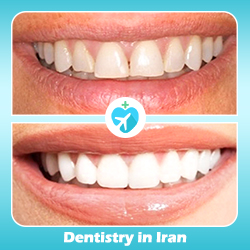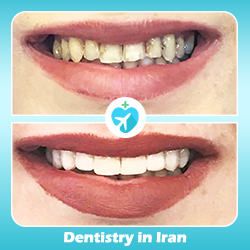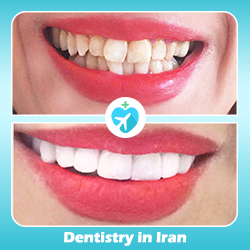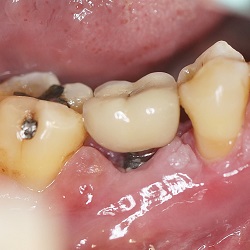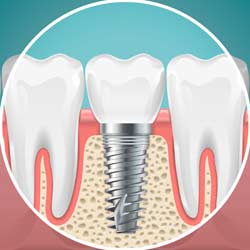A dental veneer is essentially a thin layer of porcelain or composite resin that is bonded to the front surface and edge of a tooth. Veneers are similar in shape to false fingernails and can be used for both functional and cosmetic purposes. Through dental veneers surgery, dentists can modify the shape, size, and color of teeth to create a more harmonious and brighter smile. Many patients notice a significant transformation when comparing their teeth before veneers to the final results, as veneers can effectively correct discoloration, minor misalignment, and uneven tooth edges.
Regardless of your purpose for having dental veneers, there are some important things you should know before getting veneers, which we are going to explore in this article. With a more comprehensive understanding of veneers and the cosmetic procedure involving their placement, you will be able to make a wise decision about having a dental veneers procedure.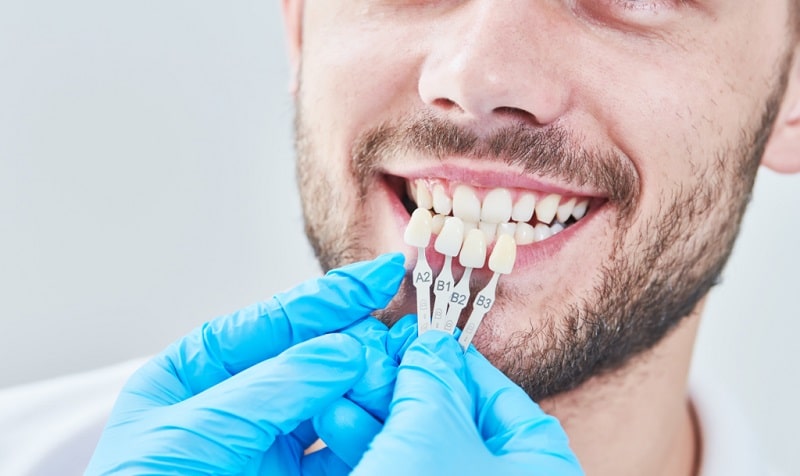
What you need to know before having dental veneering procedure
1. Getting veneers is irreversible
In dental veneers procedure, your dentist will remove a small portion of the enamel and sometimes it is even necessary to trim the tooth and change its natural shape. Consequently, veneers cannot be removed without a proper replacement.
2. Getting veneers is not painful
With regards to the removal of enamel and trimming the tooth, you may be curious to know about any probable pain during the procedure. In fact, like any other dental treatment, your dentist will use a local anesthetic before removing the enamel. In some cases, even laughing gas, or nitrous oxide, which is a safe and effective sedative, can be used for further numbness. Therefore, you will not feel any pain during the process.
In order to apply the veneers, a microscopic piece of the tooth is usually removed. In addition, your gum should be altered around the tooth that has undergone the procedure. Consequently, for a few days or weeks, you will feel slight gum sensitivity and pain. However, the pain is not severe and you can cope with it by taking over-the-counter pain killers like ibuprofen. After a few days, the pain will subside.
3. Temporary veneers should be used before the final placement
During veneers placement, customizations are made in order to meet the tastes and needs of the patient. For this purpose, your dentist will design temporary veneers which will be attached to your tooth with a temporary bonding cement.
You will have these temporary veneers for a few weeks. During this time period, you can check if there is anything wrong with your veneers or how your smile looks. With this new perception, you will consult with your dentist and the final, permanent veneers will be modified to match your taste.
4. Getting veneers is not suitable for everyone
Owing to the fact that only a small portion of the tooth is usually removed during dental veneer placement and it is basically bonded or glued to your natural tooth, it is regarded as one of the least invasive cosmetic procedures. But there are some habits and diseases that will limit getting veneers. For instance, clenching and grinding the teeth might result in cracked veneers. For this reason, dental veneers for people with these habits will not be a good idea. Furthermore, there are some gum-related diseases and infections which can interfere with veneers and the gum’s recovery after applying them. Keep these considerations in mind and make sure to consult your dentist to discuss these issues. He/she may suggest a more proper alternative for veneers based on your specific circumstances.
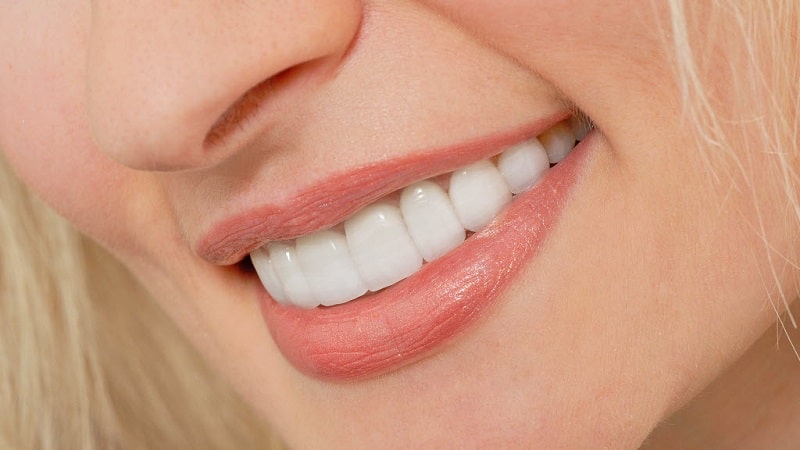
5. Veneers need to be replaced in the future
Dental veneers are extremely durable. In most cases, it will take between 15-25 years until they get cracked or broken. However, veneers will not last for a lifetime and after this time period, they should be replaced with new ones.
To prolong their durability, avoid chewing hard foods (e.g. nuts and candy) with your front teeth. Certain foods and drinks can also damage veneers; among them are ketchup, cola, tea, and toasted or crusty bread. After getting veneers, pay more attention to your oral hygiene; brush your teeth twice a day and use dental floss.
CONCLUSION
Getting veneers is a great option for those who want to have a beautiful white smile for good. Moreover, in some cases, dentists can use veneers as an alternative to braces to fill slight gaps or to treat crooked teeth. Therefore, it can be regarded as a perfect way to fix some minor cosmetic problems.
However, there are some rather important points about the procedure costs which is better to consider before making the final decision. Porcelain veneers are made in dental laboratories by a dental technician. This will result in some extra costs in comparison to composite resin veneers which are done directly by the dentist. A porcelain veneer, however, bears a closer resemblance to natural teeth and is better in quality. It will be up to you to choose between them based on your budget and other considerations.

